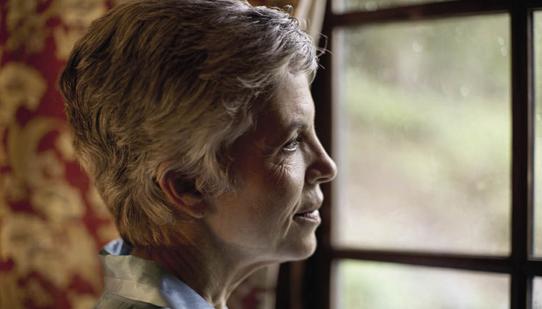
Caregivers
Respite Care Benefits both Patient and Caregiver
Linda Parr had a hard time convincing her husband and caregiver Larry to take a little break and let someone provide respite care for her. Larry worried Linda wouldn’t get the quality of care he could provide. If she hadn’t pushed for it, he probably wouldn’t have done it.But Linda knew that using respite care was important to both of them. “When Larry was gone he was able to have a meal without having to help me. He had a good night’s sleep without my waking him up. It helped to give him more rest. Caregivers really need to get rest and relaxation.”
Read MoreThe Strain of Silence
Ron Harrison, 72, of Lake St. Louis, Mo., joked recently about one of the hallmarks of ALS — the loss of speech.When his wife of 43 years, Darlene, and a family friend were unable to decipher what Ron was trying to share with them, he repeated it until, after numerous tries, it came out clearly.
Read MoreTips for Helping Your Caregiver Cope
A tense caregiving relationship can be difficult for everyone involved.Although the focus often is on the person with ALS, sometimes caregivers also need help dealing with their feelings and learning new skills, including how to ask for help from others, says Elizabeth Etigson, a licensed professional clinical counselor who facilitates the MDA/ALS support group in Albuquerque, N.M., and has a private practice, Purple Turtle Counseling.
Read More
To Cath or Not to Cath?
When ALS weakened Jane Cheng’s mother, her caregivers found it took a great deal of strength to help her transfer on and off the toilet.“I twisted my ankle a few times when attempting to turn the pivot disk with my foot while supporting most of her weight,” says Cheng, who cares for her mother in central Pennsylvania.
Read MoreMDA Resource Center: We’re Here For You
Our trained specialists are here to provide one-on-one support for every part of your journey. Send a message below or call us at 1-833-ASK-MDA1 (1-833-275-6321). If you live outside the U.S., we may be able to connect you to muscular dystrophy groups in your area, but MDA programs are only available in the U.S.
Request Information